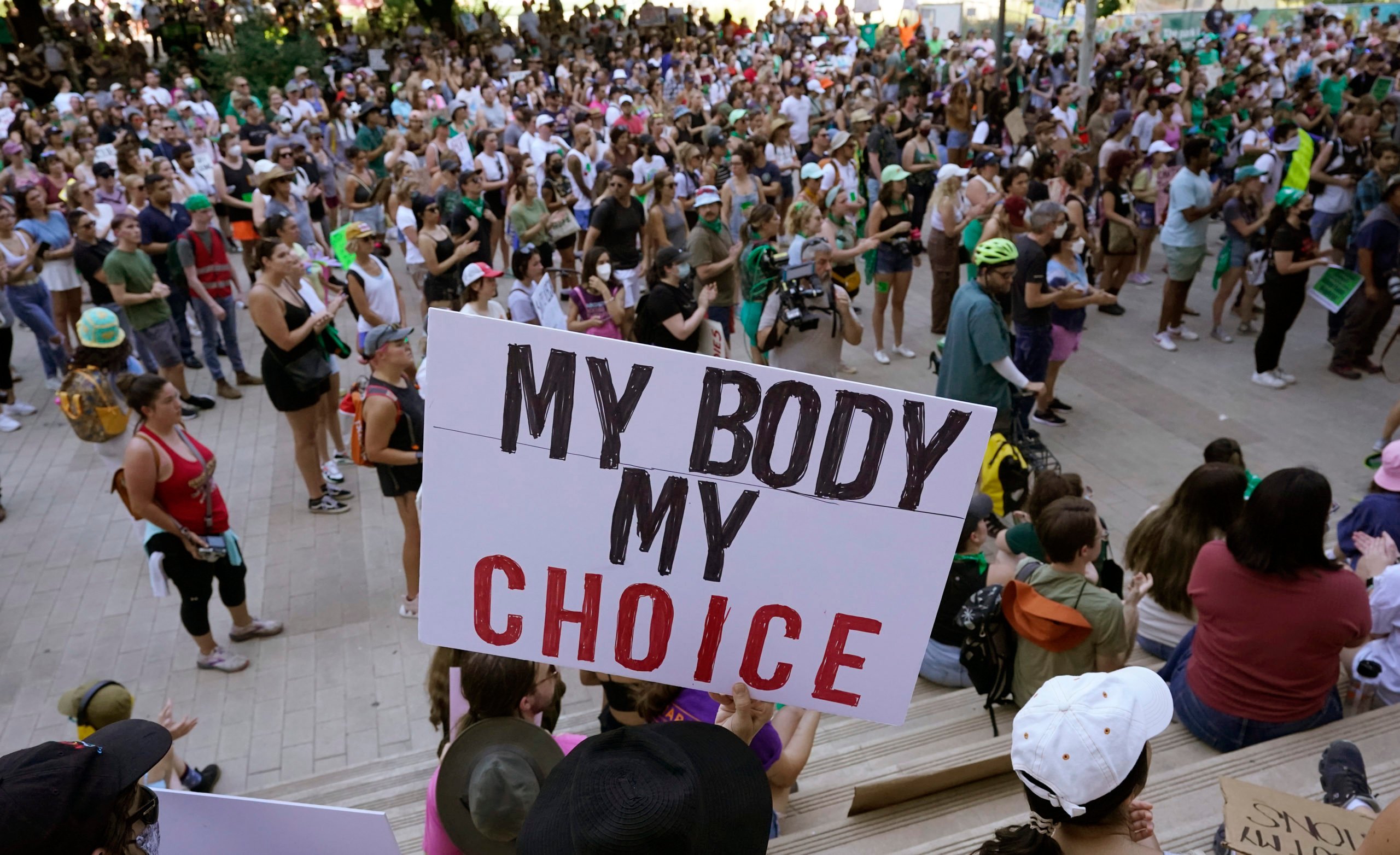When I was in college, I had to drive 35 miles from San Marcos to Austin to visit Planned Parenthood. The first time I drove there in 2016, I didn’t know the way and the traffic on Interstate 35 overwhelmed me. For someone like me, young, uninsured, and terrified of driving in a big city, the short trip felt like crossing a continent.
So obtaining basic reproductive health care seemed virtually impossible. But I had no choice. I had no insurance. I needed care and answers.
It wasn’t the first time I’d been to a Planned Parenthood clinic. When I was 10, I remember sitting in the waiting room while my mom received care at the Planned Parenthood in the Rio Grande Valley. She tried to hide her nervousness, but I sensed it in the hum of the TV, the quiet whispers, and the weight of the moment. I didn’t fully understand what was happening, but I understood enough that this place mattered. It helped women like my mom. And one day, it would help me too.
Unfortunately, that is no longer as true. Last month, a panel of the U.S. House of Representatives advanced a measure that would block Medicaid funding from Planned Parenthood nationwide, though even the Congressional Budget Office has warned this cut wouldn’t save money. Instead, this move would cost taxpayers $300 million.
It will also strip essential care from millions who already have too few options. The places in Texas where low-income women could obtain basic care without fear or shame are disappearing.
For me, this cut feels personal. I learned early as a Texan that our state doesn’t always fight for its people. Especially if you’re Latina. Especially if you’re undocumented. Especially if you’re young, brown, or poor.
In 2007, when I was just a girl, Texas had around 80 Planned Parenthood clinics. Then came budget cuts. The political attacks. And more defunding. By 2011, about a third of those clinics had closed. In 2025, only 39 remain—and none of them can provide abortion care. Even before Texas banned abortion entirely, 96 percent of our counties already didn’t have a provider.
Let’s be clear: This issue isn’t about budgets. It’s about control.
When politicians take away clinics, birth control, abortion access, and trusted community providers, they’re not saving lives. They’re putting people in danger. And disproportionately, they’re endangering Latinas. In Texas, nearly half of Latinas live in medically underserved areas. Nearly one in four of us who are of reproductive age lack health insurance.
Although politicians continue to pass policies that harm us, we are the ones shaping this state’s future. Hispanic Texans now make up 40.2 percent of the population—surpassing non-Hispanic white Texans. But those numbers don’t matter if we’re still treated like we don’t count.
I grew up in Palmview, a Rio Grande Valley city where the community runs deep but resources do not. I saw friends share medication because they couldn’t afford refills. I saw pregnancies carried to term not out of choice but because Texas left them no other option.
Back in my college days in San Marcos, I served as a senator in the student body government from 2016-2019. During one of my terms, we passed a “Menstrual Act” to supply free menstrual products on campus. Because of that, I was invited to speak on a panel where I talked about the lack of access to period products which led me to address reproductive justice,and how hard it is for many students to access resources. Afterward, someone told me I was “too emotional” to be taken seriously.
Too emotional? I wanted to scream. If they’d experienced what I had, they’d be emotional too.
Texas taught me contradiction. It taught me how to love a place that doesn’t always love me back. But it also taught me how to speak up and keep going, even when it’s hard.
I’ve seen teens organize marches in 100-degree heat, sweat dripping down their faces, but not falter. I’ve seen immigrant mothers testify at the Texas Capitol in their second language, their voices steady despite the weight of the lawmakers’ stares. I’ve seen organizers build movements with nothing but heart and a folding table.
That’s why I decided to become an activist myself. I’ve worked in reproductive justice for over a decade. I’ve stood alongside people who have been activists since before I was born. I believe in the power of sharing and of storytelling. I believe in what happens when people stop whispering and start working. And I believe Texas can be better—not because it’s always been good to us, but because Texans deserve more.
We may not have access to abortion in our state anymore. We may be facing policy after policy meant to push us out. But we are still here, and we’re still fighting.
(Except for the headline, this story has not been edited by PostX News and is published from a syndicated feed.)


